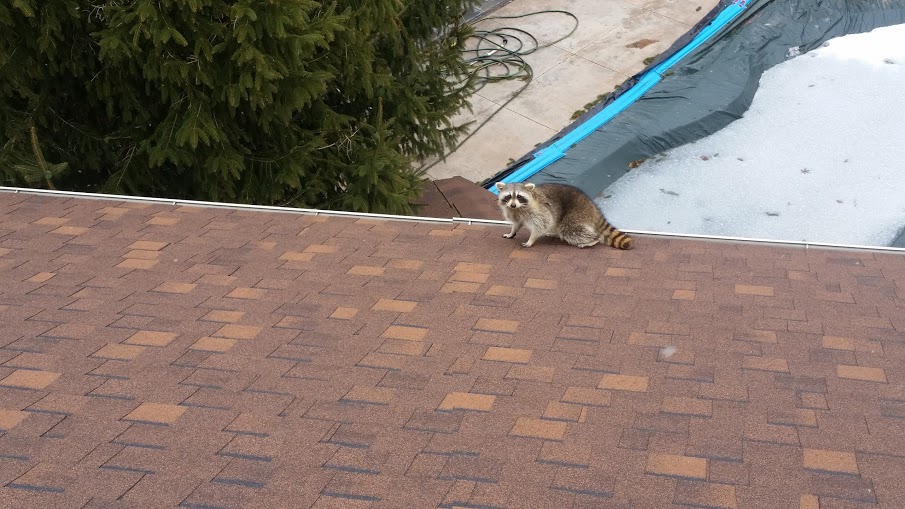Raccoons are notorious for overturning people’s garbage cans and rooting through them for food. They tend to take up residence where food is plentiful and easily accessible. Therefore, if you’ve had problems with your trash cans getting knocked over, you may require the services of raccoon removal in Madison.
Nevertheless, nature didn’t intend raccoons to get the sustenance they need by rooting through human garbage, and not all raccoons live close to human habitations. When raccoons live out in the wild, where there are no trash cans to scavenge from, what do they eat?
What Raccoons Feed On
In the wild, raccoons tend to settle down in forested areas near a body of water. They feed mostly on aquatic creatures, such as clams, crayfish, frogs, snails, and fish.
Raccoons are omnivorous, though, and can eat almost anything. They also like plant-based foods, such as seeds, nuts, and fruit. They may supplement their diet in the forest by eating insects, slugs, bird eggs and even the birds themselves, if they can catch them.
If food is scarce, raccoons may try to catch and eat rodents, such as squirrels, mice, and rats. They are not natural hunters, though, and are more likely to scavenge the corpses of dead animals.
Why You Shouldn’t Feed Raccoons
Raccoons are more likely to look for food around human habitations during the winter when other sources become more scarce. While you may want to help them out, feeding raccoons isn’t good for either you or them.
While raccoons will eat human scraps and garbage to stay alive, it doesn’t really provide them the nutrients they need to stay healthy. Not only that, but raccoons can become too dependent on a reliable source of food from humans. They may lose their scavenging skills from lack of practice. Then, if the regular supply of food suddenly goes away, the raccoons may no longer be able to feed themselves.
By feeding raccoons, you are encouraging them to stay on your property. Being opportunistic creatures, they are unlikely to pass up a safe, warm shelter that is close to a regular food source and may move into your house. Once in your home, raccoons can cause extensive property damage, ripping up ductwork and insulation and chewing through electrical wires. Raccoons can also expose you to rabies or parasitic diseases if they get too close.
How You Can Keep Food Away From Raccoons
Most homeowners do not feed raccoons intentionally. Rather, careless actions allow raccoons to find food around the house. Raccoons are nocturnal, so you usually won’t see them. You are more likely to find the evidence of their visits in the morning. If you have pets whom you feed outside, you should take their food and water bowls inside at night and put them back in the morning. Otherwise, you are essentially inviting the raccoons to an all-night buffet.
Keeping raccoons out of your garbage cans can be a bigger challenge. Depending on when pick-up occurs, it may be a good idea for you to put the garbage out in the morning rather than at night when raccoons are most active. If this is not possible, you should choose trash cans with tight-fitting lids that are harder for raccoons to open. It may also help to keep your trash cans in an outdoor enclosure or storage rack or to secure them to a fixed object with a bungee cord. This prevents raccoons from tipping them over.
Call Us for Raccoon Removal Madison
Raccoons provide a valuable service by scavenging dead animals. You do not want them to lose this ability by feeding them, whether inadvertently or on purpose. Skedaddle Humane Wildlife Control in Madison can remove the raccoons safely without harming them. We also clean up the mess they leave behind and close off entry points so they can’t come back.





